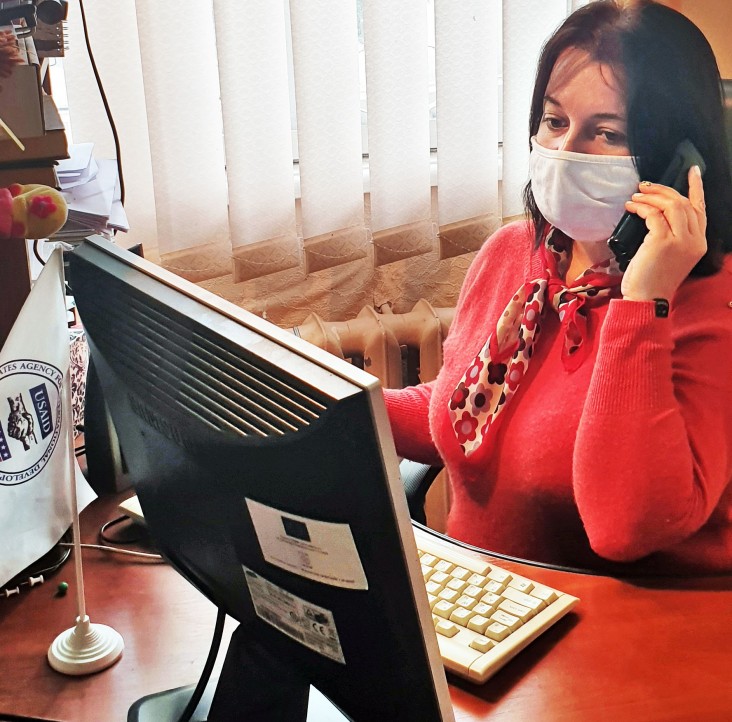Speeches Shim

In early 2020 Olesia*, 28, moved from a town in western Ukraine, where she lived with her husband and son, to work in the Netherlands. The year before, her husband had undergone heart surgery, but was told that he would need additional medical procedures. To pay for the next surgery, Olesia and her husband decided that she should seek work abroad. A certified psychologist and pedagogical university graduate, Olesia obtained a job as a caretaker for an elderly lady. After only a month in the Netherlands, the COVID-19 pandemic reached Europe.
Olesia discovered through the Internet that Ukraine would close its borders beginning March 17. She began desperately looking for a way to return home. She tried to contact the Ministry of Foreign Affairs, the Embassy of Ukraine in the Netherlands, the State Border Guard Service, and the Government of Ukraine, but their phone lines were overloaded with thousands of similar calls.
Time was running out. Stranded abroad, without any means of returning to Ukraine before the borders closed, Olesia would have to face the same situation that many labor migrants faced with the onset of the pandemic — jobless, without a place to stay, and with their savings quickly depleting.
Fortunately, one of Olesia’s acquaintances provided her with information on how to find help through the Ukrainian National Toll-Free Counter-Trafficking and Migrant Advice Hotline 527, which USAID supports in cooperation with the International Organization for Migration (IOM). Olesia called the number, and with their help registered for a chartered repatriation flight to Kyiv, organized by the Ukrainian Government.
Olesia faced another challenge after the plane landed in the capital, when she realized that all in-country public transportation was shut down, leaving her unable to travel to her hometown. Once again, hotline operators provided critical information, this time helping her find a private individual to provide transportation home.
Between March and June, 2020, during the onset of the pandemic and related travel restrictions, the hotline provided nearly 10,000 consultations related to COVID-19, with more than 8,000 concerning transportation issues, double the annual rate of 20,000 phone calls. Most of the callers sought the same help that Olesia needed, as well as information on obtaining visas, new procedures for going abroad, and queries on the current status of border crossing points, and embassy and consulate contact information.
Today, Ukrainians working abroad continue to face COVID-19-related challenges. Many remain stranded amid continuing travel restrications and face losing their jobs and work visas, becoming easy targets for fraud-schemes, susceptible to risky propositions, and vulnerable to situations of potential human trafficking. The hotline continues to perform a critical service, helping thousands of Ukrainians find their way home.
The Ukrainian National Toll-Free Counter-Trafficking and Migrant Advice Hotline operates daily from 8 a.m. to 8 p.m. More information can be found at www.527.org.ua.
* This individual’s name has been changed to protect her privacy.

Comment
Make a general inquiry or suggest an improvement.